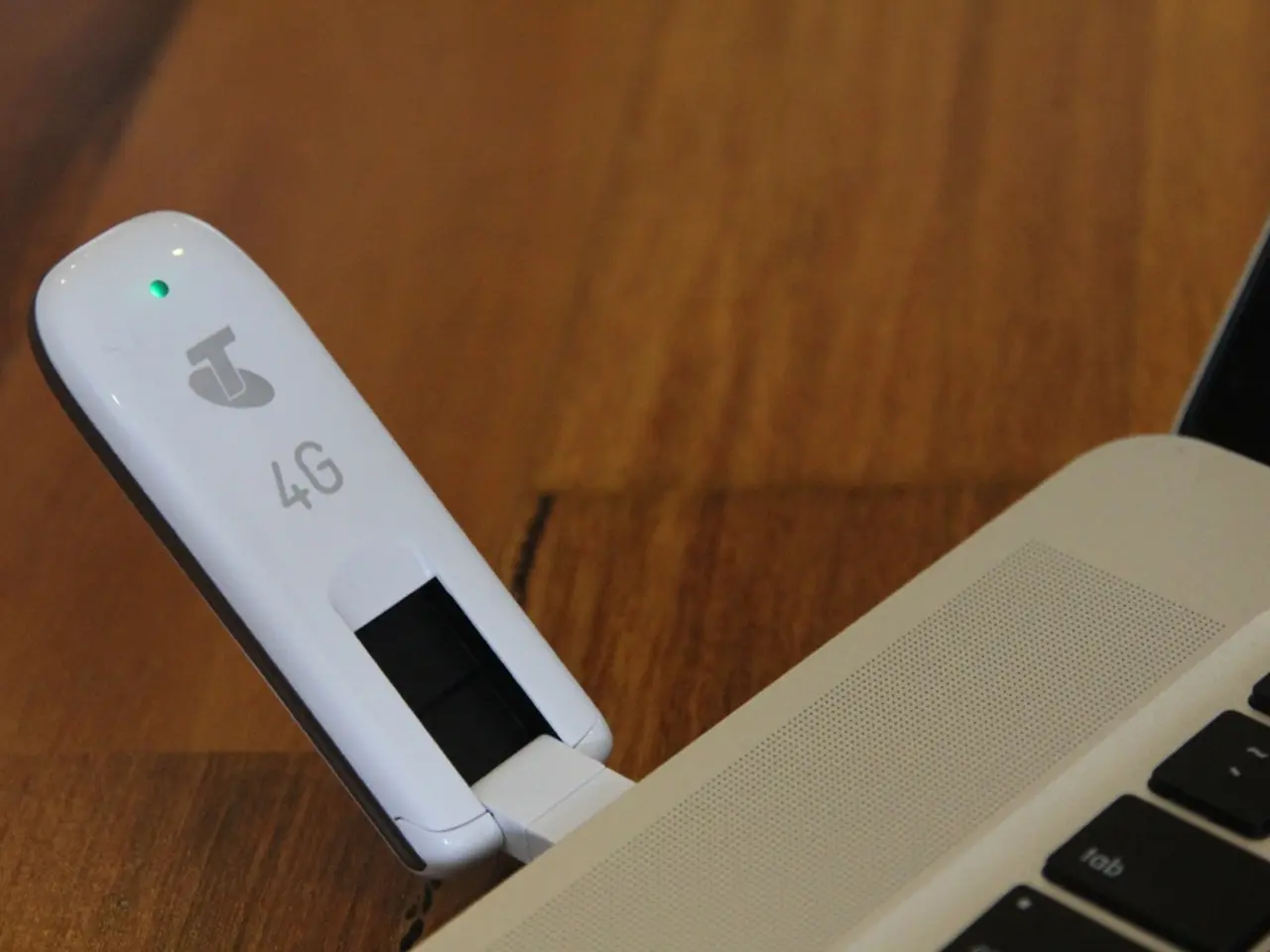Airport travelers advised to avoid public charging stations for mobile devices due to 'juice jacking' threat
In the digital age, the convenience of public USB charging stations at airports, train stations, and shopping centres can often come at a cost. A growing concern among cybersecurity experts is a cyberattack known as juice jacking, where compromised public USB ports can install malware or steal data from your device.
Ertul Topuzoglu, CEO of Tecnovy Academy, warns that juice jacking reports are increasing in the US and could reach the UK. Juice jacking can occur at any public USB port, not just at airports. To protect your devices from this threat, experts and authorities recommend several effective precautions.
Firstly, avoid using public USB charging ports directly. Instead, use your own charging block plugged into a standard electrical outlet. Outlets are less likely to be compromised compared to USB ports.
Secondly, carry a portable battery or TSA-compliant power bank. This lets you charge on the go without relying on potentially malicious charging stations.
Thirdly, use a USB data blocker (also known as a USB condom) or a charge-only cable. These devices physically block data lines in the USB cable, allowing only power to pass through and preventing malware installation or data theft.
Fourthly, select “Charge Only” or “Don’t Trust” when your device prompts on connecting to an unfamiliar USB port. Most modern smartphones require user confirmation before allowing data transfer, providing an additional layer of protection.
Fifthly, if you must charge via a public USB port, turn off your device first. With the device powered off, data can't be transferred over the connection, reducing the juice jacking risk.
Lastly, be cautious about conducting sensitive activities, such as online banking, over public Wi-Fi. Use a VPN for secure internet access in public spaces as an extra cybersecurity precaution.
While juice jacking remains more of a theoretical threat than a widely confirmed real-world attack, taking these precautions helps protect your personal data and device security during travel or in public spaces.
Here's a summary of the protection methods against juice jacking:
| Method | Description | Effectiveness | |--------------------------------|------------------------------------------------------------------------|--------------------------------| | Personal power adapter | Use your own charger plugged into electrical outlets | High | | Portable battery (power bank) | Charge devices independently without public ports | High | | USB data blocker / charge-only cable | Blocks data transfer, allows charging only | High | | Device prompts ("Charge Only") | Decline data transfer when prompted | Moderate to High | | Turn off device when charging | Prevent data transfer by powering device off | Moderate | | Use VPN on public Wi-Fi | Prevent network hacking, unrelated but complementary security measure | Important for data security |
By following these steps, travelers can effectively guard against the risks of juice jacking at airports and other public USB charging stations.
While traveling or utilizing public spaces, be mindful of the potential threat of juice jacking, a cyberattack that can compromise sensitive data through public USB ports. To safeguard your devices, take precautions such as utilizing your own charging adapter, a portable battery or power bank, or a USB data blocker/charge-only cable. Additionally, turning off your device during charging, selecting "Charge Only" when prompted, and avoiding sensitive activities on public Wi-Fi can help increase your device's security and data privacy.




